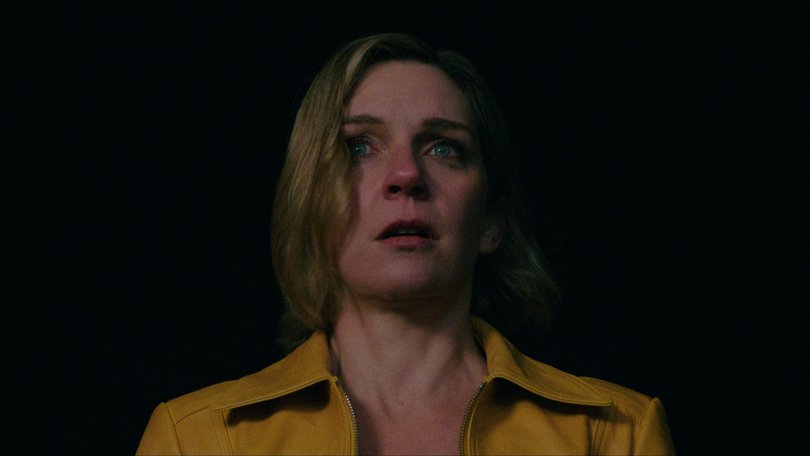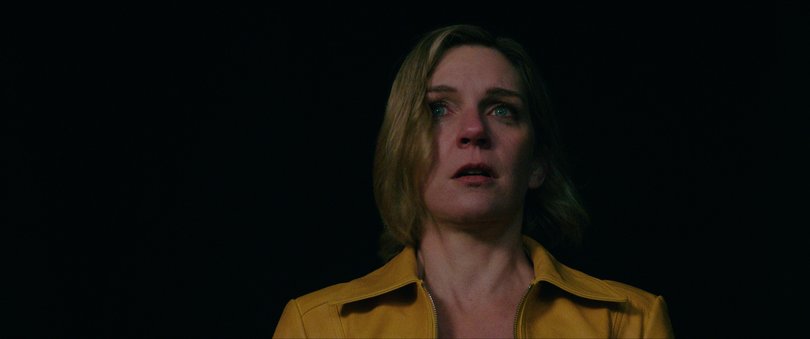Pluribus TV show: A warning for our scary times from Breaking Bad creator
Vince Gilligan is back to mess with your minds, and his new series Pluribus is asking an urgent question for our times.

For ages, a veil of secrecy hung around Pluribus, the fantastic new series from Vince Gilligan, the creator of Breaking Bad and Better Call Saul.
As the man responsible for one of the most well-regarded shows of the 21st century, anticipation was high, and you also suspected that it would be provocative. Gilligan cut his teeth working on The X-Files, and wrote many of its beloved episodes.
He’s good with challenging ideas, and poking and prodding his audience into considering another perspective on orthodoxy.
Sign up to The Nightly's newsletters.
Get the first look at the digital newspaper, curated daily stories and breaking headlines delivered to your inbox.
By continuing you agree to our Terms and Privacy Policy.Pluribus is certainly that.
The word is Latin for “many” and its best-known use is “E pluribus unum”, meaning “out of many, one”, a common motto in the US that is seen on the country’s great seal to represent the coming together of the original 13 colonies to form the United States.
The reaction to our increasingly individualist society is a yearning for collectivist philosophies. How many times have you heard someone say “it takes a village” when it comes to bringing up children?

We take as gospel that we should aim for actions that prioritise community over a single person, but it can be taken to an extreme. Where’s the line where free will gets subsumed by the co-op, and who gets to define what is best for all?
Pluribus is centred on Carol Sturka (Better Call Saul’s Rhea Seehorn), a tetchy best-selling romantasy author who has more than a streak of contempt for the fans who gobble up her formulaic novels.
One night while out to dinner with her wife, Helen (Miriam Shor), everyone around her starts convulsing, as she looks on her in horror. In an instant, a virus has spread to the world’s population, but Carol and 12 other people remain immune.
The affected have formed a kind of hive mind, which links every single person in the world. Whatever knowledge and memories each person had is shared by all. As Carol points out to one of the other 12 immune, that person’s son is no longer just her child even though he may stand in front of them every bit the kid he’s always been – he’s also her gynaecologist.
Everyone is happy, content and working in perfect harmony. There’s no violence, no disagreement, no poverty and no war. It’s peace on Earth.
Watching a crowd of people move as one is creepy as hell, but Pluribus doesn’t depict them as dead-eyed children of the corn. When they interact with Carol, they’re kind and want to help her become one of them.
She is, as you can imagine, still not keen on the idea.

Seehorn plays Carol as someone bewildered but definitely resistant to this world-changing event as she desperately searches for a way to reverse it. She’s the audience surrogate and it’s a terrifying prospect, even if some of the other 12 immunes take another view on the situation.
Gilligan has created a rich world with lots of fun details that will slowly be revealed over the season (seven out of its nine episodes were made available for review), as it tracks Carol’s arc like the five stages of grief.
Gilligan is probably not advocating for a hyper-individualist society where every person indulges in exactly what they want. We’ve seen and live through – although not as much as in the US – a disunited world where self-interest and narcissism reigns.
In that sense, Carol is a prickly protagonist because she is convinced of her righteousness in pushing against world peace, the stated wish of every beauty pageant contestant since the dawn of time. How do you argue against world peace?
Is Pluribus the extreme of utilitarianism, the end point of the trolley problem?

Each viewer might read it differently depending on what’s pre-occupying them on the day, but there’s a metaphor here where the hive mind stands in for AI.
Think about it. The Pollyanna view of AI is that it could collect the whole of knowledge in the world and make it accessible to all. So that there aren’t just five neurosurgeons who can perform a specific operation, but an endless number.
Or you never need worry about losing the specialised institutional expertise in some field when that could be uploaded and shared to all.
But if everyone is everything – or has access to everything – then who are any of us? Everything that makes you you is now everyone. Our individual experiences shape who we are, and the truth of plurality is multi-culture not mono-culture.
The AI “revolution” is scary times.
Apple has already ordered at least two seasons of Pluribus so we’ll be waiting a while to see where it all goes, but it’s certainly giving us a lot to noodle, as well as just being excellent, compelling and beguiling TV.
Pluribus is streaming on Apple TV with new episodes weekly on Fridays

